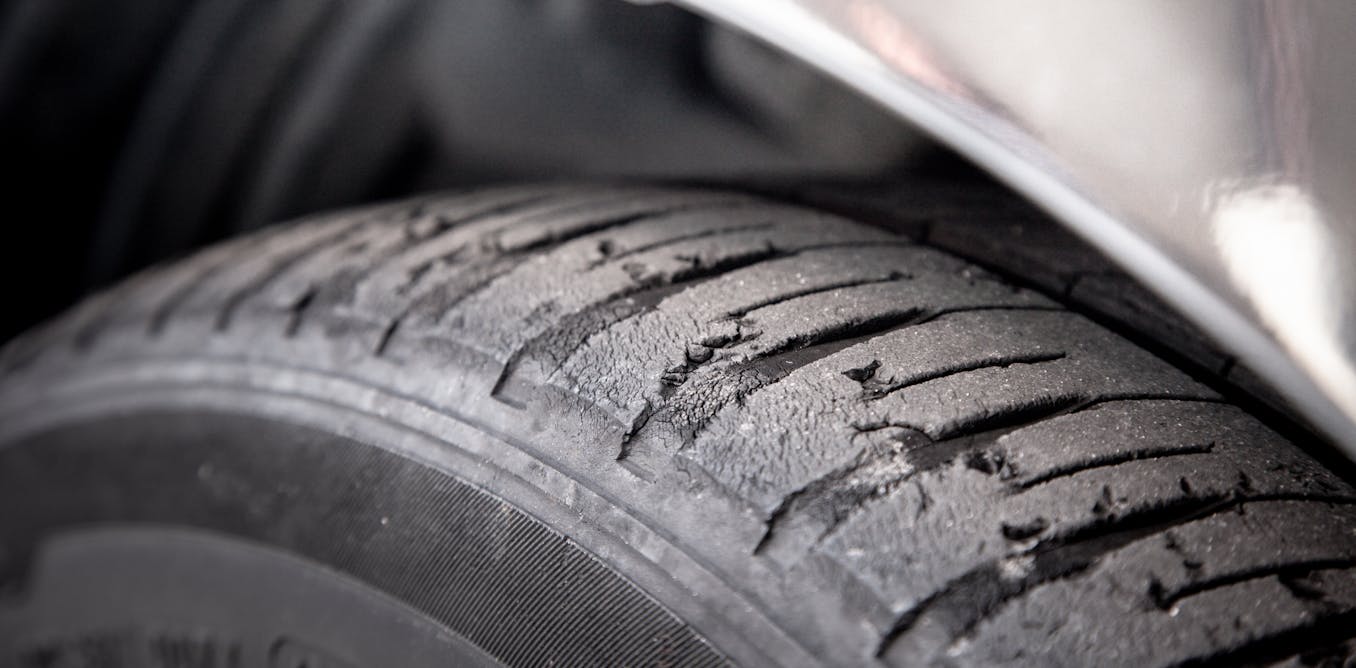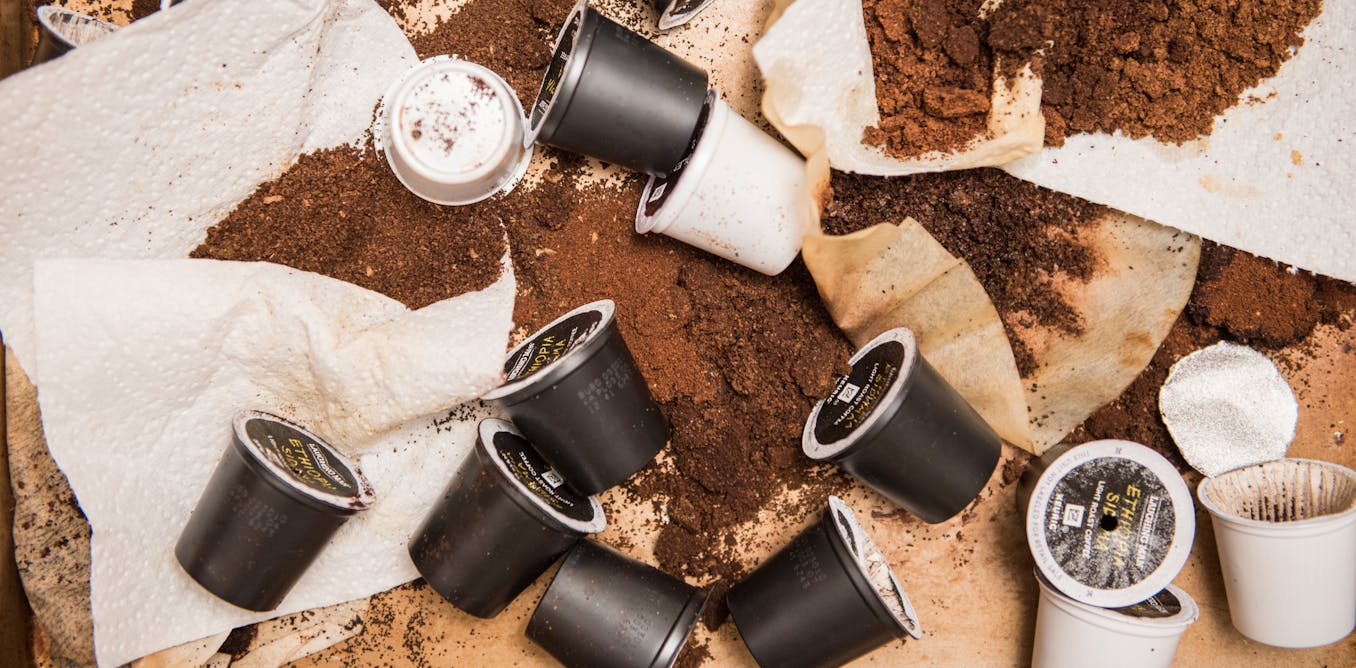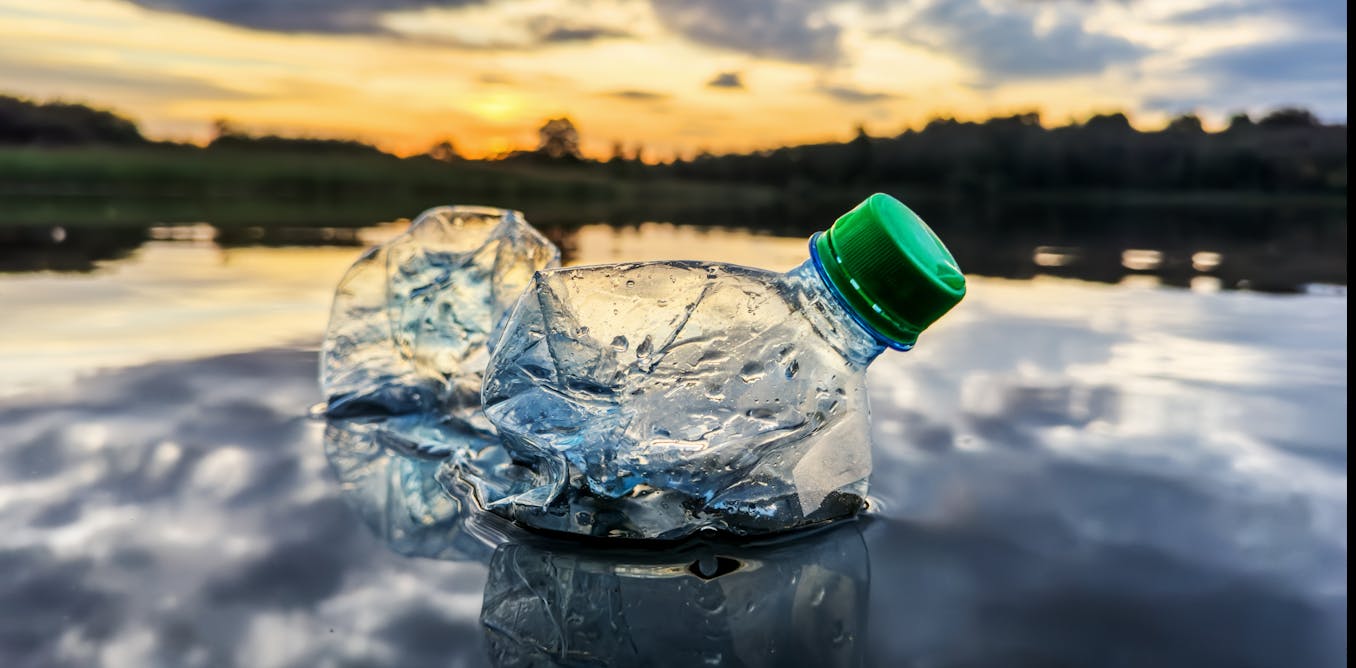Five fairness flaws the UN’s new plastics treaty must change
The new global plastics treaty needs to tackle inequalities that surround how plastics are produced, handled, collected or not, and the level of care taken to deal with them.
Nov. 27, 2024 • ~10 min









